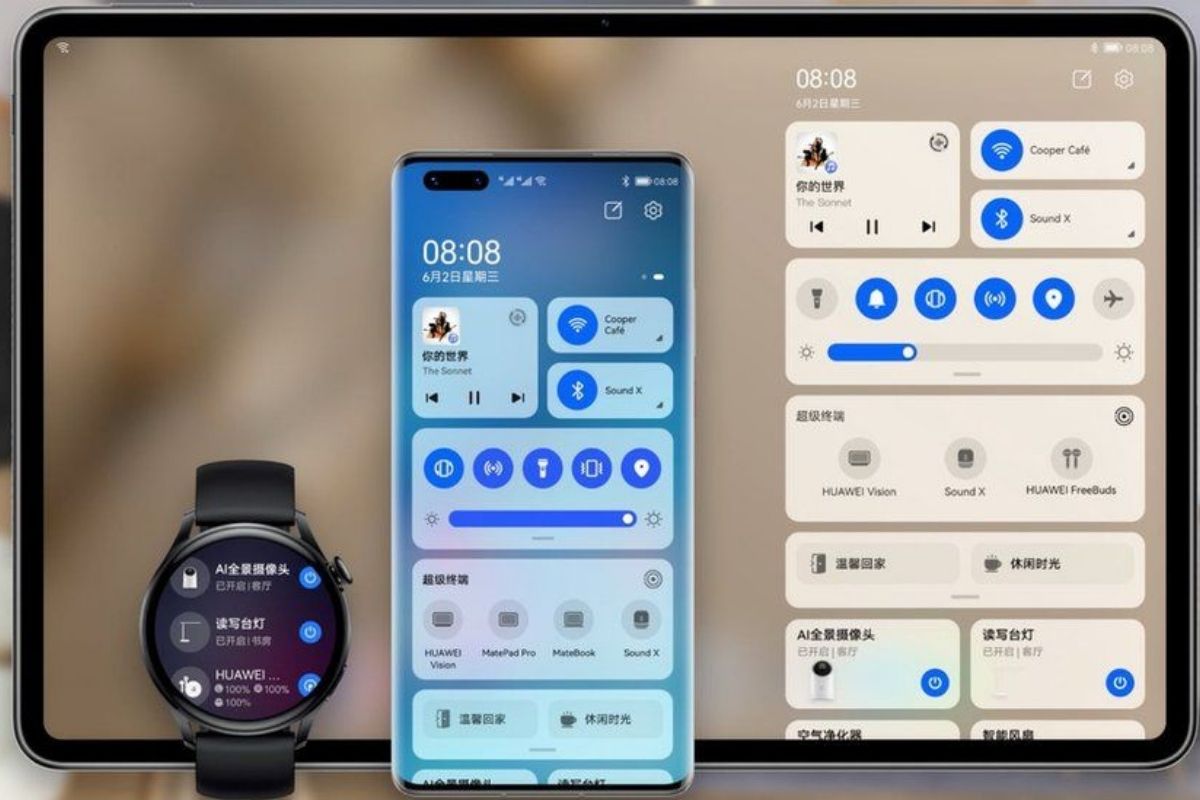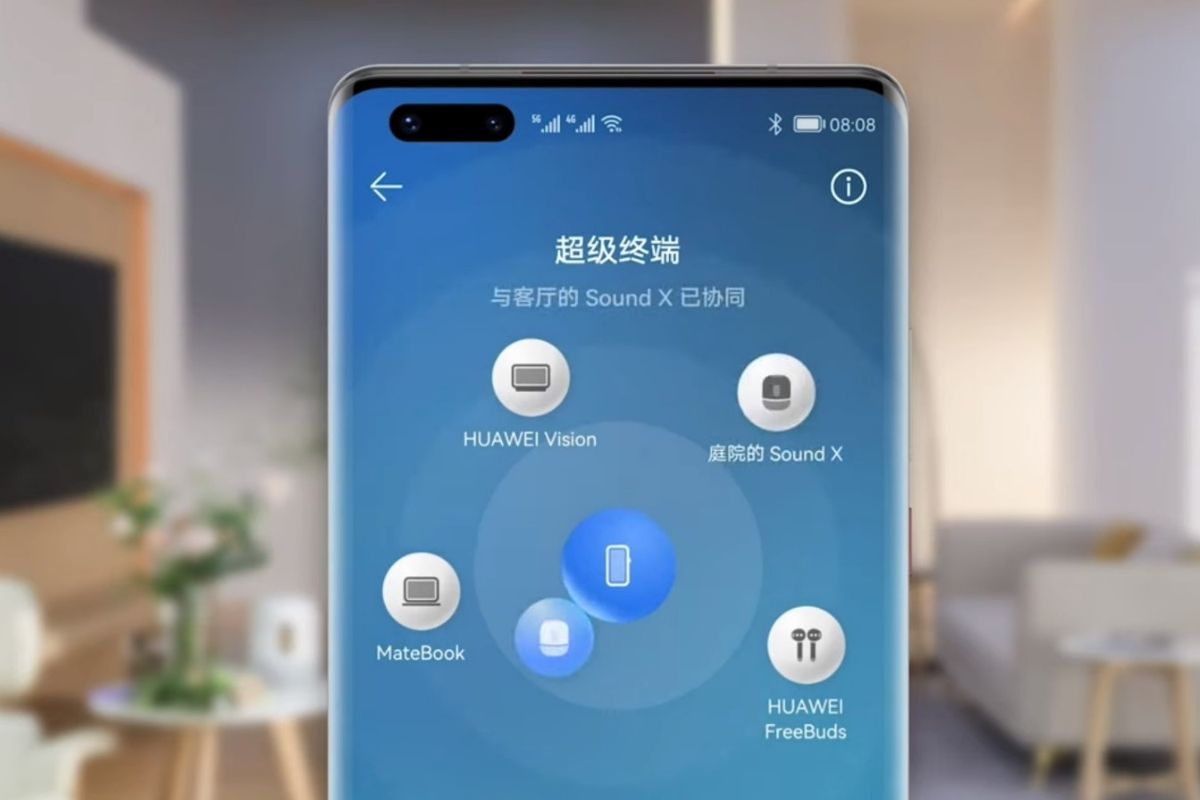The new OS poses a bit of a risk for Android, since, if it does do well, certain Chinese companies could make the switch, denting the overall market share that Android has enjoyed ever since its inception. In case you missed it, Huawei started work on the OS after the US trade ban implications meant that the company could not make use of Google’s services for the time being. The launch is quite significant as it paves the way for the company to take on the like of Apple’s iOS which currently holds a 26% market share and Google’s Android with 73% as of May 2021. The first glimpse of the UI was seen back in 2019, with original research having been commenced way back in 2012, much before all these issues arose.
What Sets HarmonyOS Apart
Now, for those of you unaware, the key differentiator which also gives HarmonyOS a unique identity is the ability to offer a specific app store, which is called App Gallery. This is Huawei’s equivalent of Play Store on Android and App Store on iOS, with the app being an open-source platform, which basically means that developers will be able to provide apps for the platform and other manufacturers can opt to use the operating system on their devices. Supported devices include laptops, tablets, phones, watches and certain other appliances, with the company stating that more than 300 application, as well as service partners, around 1000 hardware partners, and 500,000 developers, have jointly participated in making the Harmony ecosystem. Wang Chenglum the president of Huawei’s consumer software business stated that regardless of the size of the device, only one system can cover smart terminal devices with memory as small as 128K, as large as 4GB or more, bringing consumers an ultimate full-scene interactive experience. Furthermore, Huawei has revealed that its operating system will be installed in approximately 300 million devices by the end of 2021, with about 200 million of them being Huawei’s own. The idea to come up with an in-house OS system will ease the issues relating to software for Huawei, but, the overall woes are far from over, as the export restrictions will still impact overall sales.

